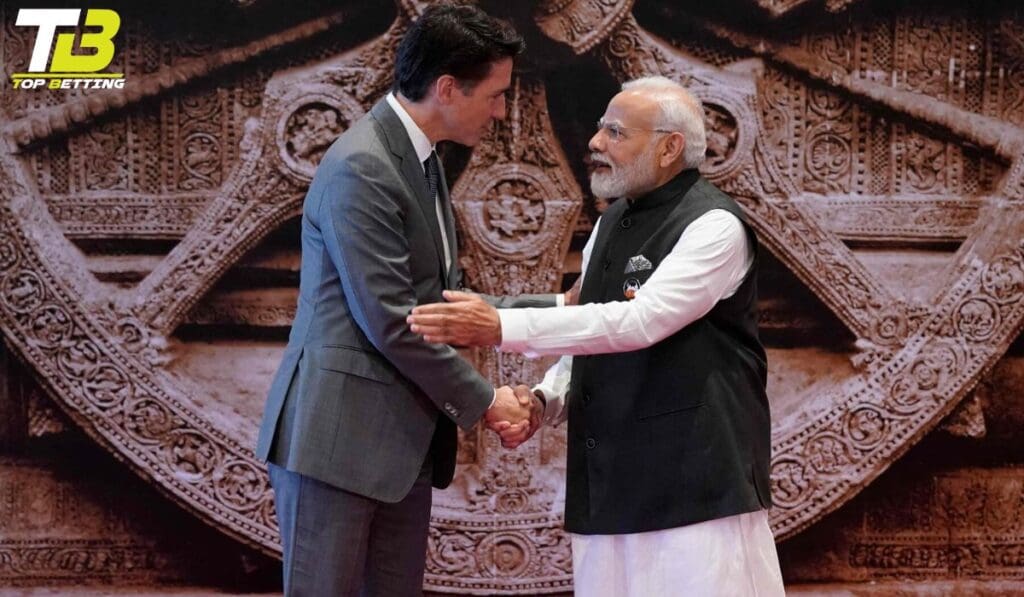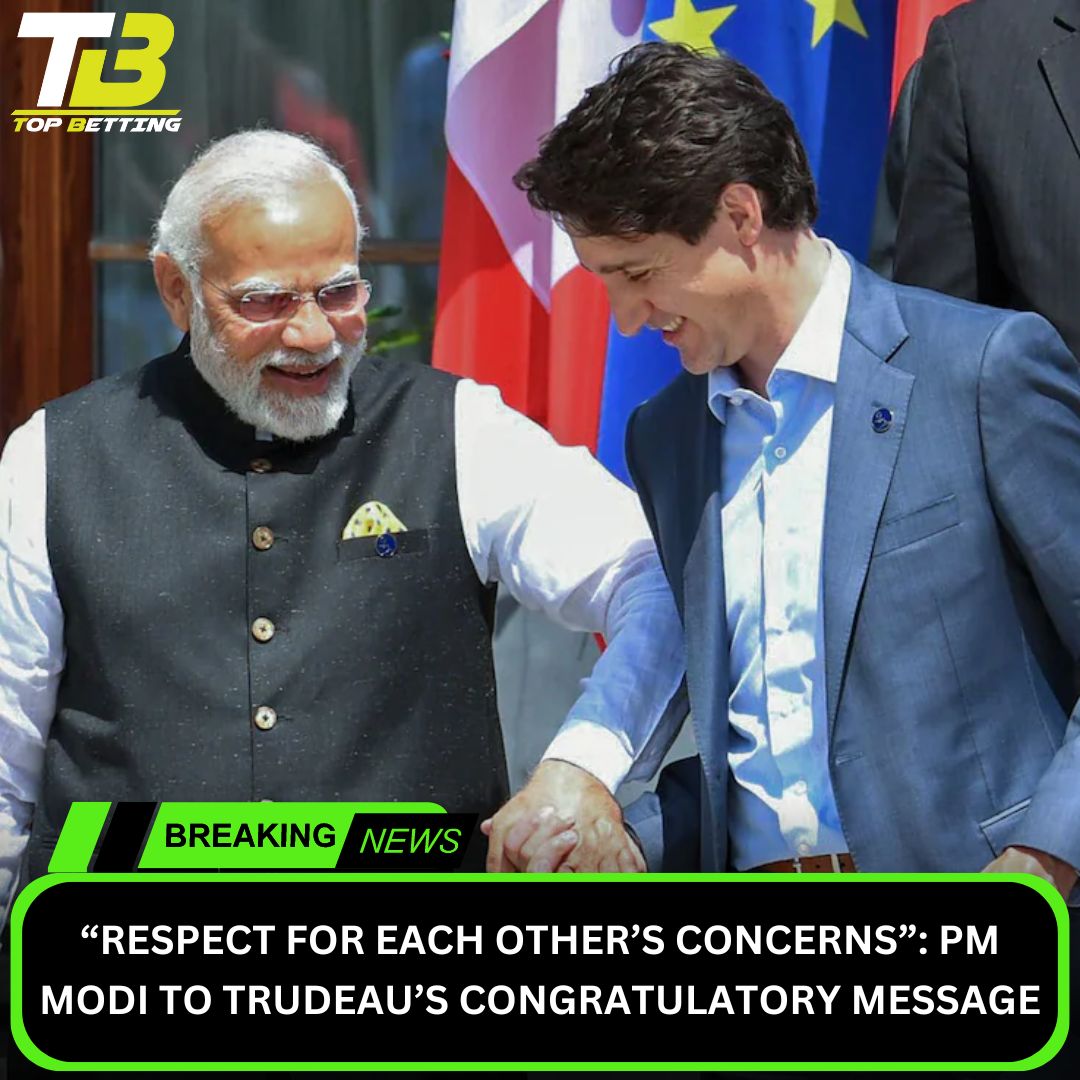
Respect for each others concerns | Modi to Trudeaus message
The relationship between India and Canada has been marked by both cooperation and tension in recent years. When Canadian Prime Minister Justin Trudeau extended his congratulations to Indian Prime Minister Narendra Modi on his electoral victory, the response from New Delhi underscored the delicate nature of this bilateral dynamic. Modi’s message emphasized the need for “respect for each other’s concerns” as the foundation for future collaboration between the two nations.
This article delves into the nuanced history and evolving landscape of India-Canada ties, exploring the key events, controversies, and prospects for strengthening the partnership based on mutual understanding.
The Modi-Trudeau Relationship
The uneasy relationship between Prime Ministers Modi and Trudeau has been a significant factor in the overall dynamics between India and Canada. The two leaders last met on the margins of the G20 Summit in New Delhi in September 2022, just days before Trudeau made the allegation about Nijjar’s killing in the Canadian Parliament.
India’s Concerns and Canada’s Response
India’s primary concerns regarding its relationship with Canada revolve around the activities of Khalistani elements operating within the country. New Delhi has declared Nijjar, the slain Khalistani activist, as a terrorist and has been seeking his extradition from Canada. The Indian government has also expressed serious concerns about Canada’s failure to act against the provocative actions of Khalistani operatives, such as the display of threatening posters targeting senior Indian diplomats and the organization of rallies that glorify the assassination of former Prime Minister Indira Gandhi.
Navigating Mutual Concerns and Strengthening Ties
As the two nations navigate the complexities of their relationship, it is clear that a delicate balance must be struck between addressing each other’s concerns and fostering deeper cooperation. The recent exchange between Modi and Trudeau suggests a willingness to work towards this goal, with both leaders emphasizing the need for “mutual understanding and respect” as the guiding principles.
The Importance of the G7 Summit Interaction
The upcoming G7 Summit in Italy presents a significant opportunity for Prime Ministers Modi and Trudeau to engage in a more constructive dialogue and chart a path forward for the India-Canada relationship. As the leaders of their respective nations, their personal interactions and willingness to find common ground will be crucial in shaping the future of this bilateral partnership.
The outreach session of the G7 Summit, where Modi will be in attendance, provides a platform for the two leaders to address their concerns, explore areas of potential collaboration, and demonstrate a shared commitment to strengthening the India-Canada relationship. This high-level engagement could pave the way for more substantive discussions and the establishment of clear communication channels to resolve any outstanding issues.
Bilateral Cooperation: Untapped Potential
Despite the recent tensions, India and Canada possess significant untapped potential for bilateral cooperation across various domains. From economic and trade partnerships to collaboration in fields like technology, innovation, and sustainable development, the two nations have the opportunity to leverage their complementary strengths and shared interests to the benefit of their peoples.
The Role of the Indian Diaspora in Canada
The vibrant Indian diaspora in Canada, numbering over 1.4 million individuals, represents a crucial bridge between the two nations. This community has played a significant role in shaping the bilateral relationship, serving as a cultural and economic link between India and Canada.
Engaging with the Indian diaspora in Canada, leveraging their expertise and connections, and addressing their concerns can be instrumental in fostering stronger ties between the two countries. Initiatives that promote cultural exchanges, business collaborations, and the transfer of knowledge and skills can further strengthen the bonds between the Indian and Canadian peoples.
Embracing a Shared Vision for the Future
This vision should encompass not only the resolution of existing tensions but also the identification of new avenues for collaboration and the strengthening of people-to-people ties. By focusing on areas of common interest, such as sustainable development, innovation, and global governance, the two nations can build a more robust and resilient partnership that benefits their citizens and the international community as a whole.
Conclusion
The relationship between India and Canada is at a critical juncture, marked by both challenges and opportunities. As the two nations navigate the complexities of their diplomatic ties, it is crucial that they approach this engagement with a spirit of openness, understanding, and a genuine desire to find common ground.

Through constructive dialogue, a willingness to address each other’s concerns, and a shared commitment to upholding universal values, India and Canada can forge a stronger, more resilient partnership that serves the interests of their people and the global community. The path ahead may not be without obstacles, but with a clear vision and a determination to overcome them, these two nations can unlock the full potential of their relationship and emerge as strategic allies in the years to come.











